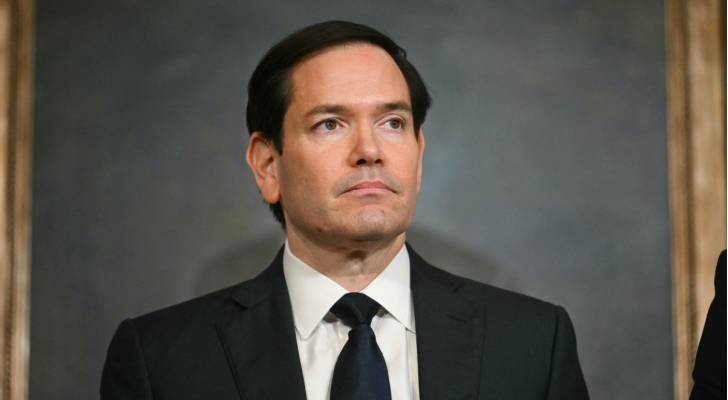US Secretary of State Marco Rubio (Credit: AFP)
US revokes over 6,000 student visas under Trump administration
Since taking office seven months ago, Secretary of State Marco Rubio has overseen the revocation of more than 6,000 student visas, the State Department confirmed Monday.
Rubio has used an obscure legal provision that allows the rescission of visas for individuals deemed to act against US foreign policy interests, a move that has won support from the administration’s right-wing base.
“The State Department has revoked over 6,000 student visas for overstays and law violations, the vast majority being assault, DUI, burglary and support for terrorism,” a State Department official said. “About 4,000 of the visas were for violations of the law.”
The department did not provide a breakdown of visas by nationality, though Rubio has repeatedly signaled an intention to target students from China aggressively.
In March, Rubio told reporters that he was revoking visas on a daily basis. “Every time I find one of these lunatics, I take away their visas,” he said, referring to activist students. He has particularly targeted students protesting against Israel, accusing some of anti-Semitism, allegations the students deny.
- High-profile legal setbacks -
Despite the aggressive campaign, the administration has faced setbacks in prominent cases.
Mahmoud Khalil, a legal permanent resident who led pro-Palestinian protests at Columbia University, was released in June after a judge intervened. Khalil, whose son was born while he was detained, has filed a lawsuit against the administration, claiming it sought to “terrorize” him.
Similarly, Rumeysa Ozturk, a Turkish graduate student at Tufts University who authored a campus newspaper article critical of 'Israel', was freed by a judge in May. She had been apprehended on a Massachusetts street by masked plainclothes agents.
Rubio has maintained that the administration has the authority to issue and revoke visas without judicial oversight, asserting that non-US citizens do not have constitutional protections for free speech.




